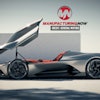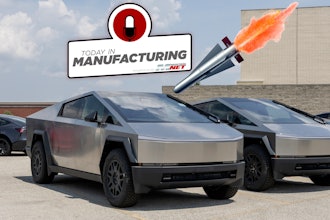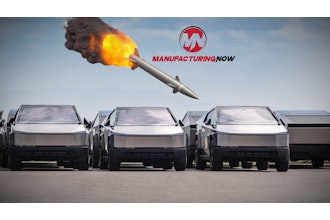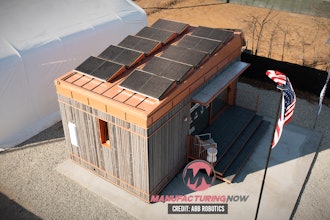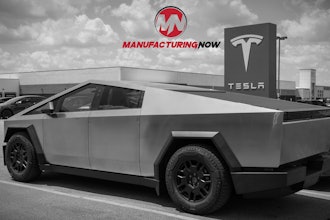In 2006, a filmmaker asked who killed the electric car – in response to the somewhat brutish recall of GM’s early electric vehicle.
A decade later, there’s no surprise as to who killed the Audi R8 e-tron, but it’s still an interesting story about product development, possible market saturation and the evolution of a dynamic technology.
Audi reportedly spent more than seven years fine-tuning the design and functionality of the electronic version of what I believe might be the best car design of the last quarter-century – the Audi R8. After rolling out the e-tron branded version in 2015, the company built less than 100 of the cars.
And in looking at some of the key events of its short-lived existence, one has to wonder if Audi was more excited to create the car, or kill it.
According to Audi, demand was there, even though the company never actively promoted the R8 e-tron and only made it available in Europe.
The e-tron used two electric motors on the rear axle, making it the only R8 variant with rear-wheel drive instead of all-wheel drive. The production car produced 456 hp and 679 ft./lbs. of torque in reaching an electronically limited top speed of 155 mph.
So power wasn’t a problem, and although it’s battery pack made it about 600 pounds heavier, it’s 0 to 60 time of 3.9 seconds was actually better than the recently unveiled Porsche Panamera.
The 92 kilowatt-hour lithium-ion battery pack provided a range of 280 miles – which, while not great, is competitive with most electric vehicles currently being sold.
That said, the e-tron seems to have hit the chopping block for two primary reasons. First, it cost a reported $1.1 million.
That conflicts pretty harshly with reason two – Audi is interested in selling more commercially viable vehicles. So instead of trying to compete with Porsche and other luxury brands for million-dollar buyers, they’re going to transition this technology to an electric SUV based on the e-tron quattro concept.
The SUV would have a similar range of around 300 miles and will even carry on the e-tron name.
